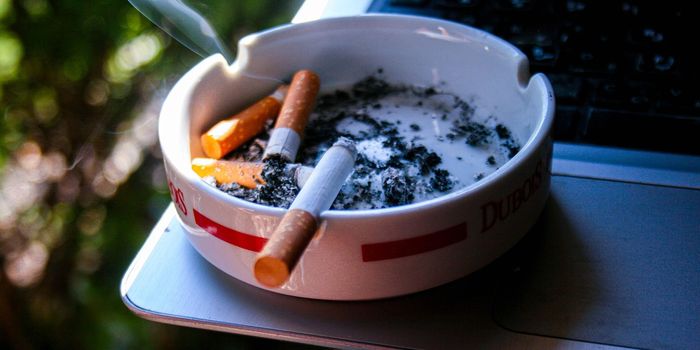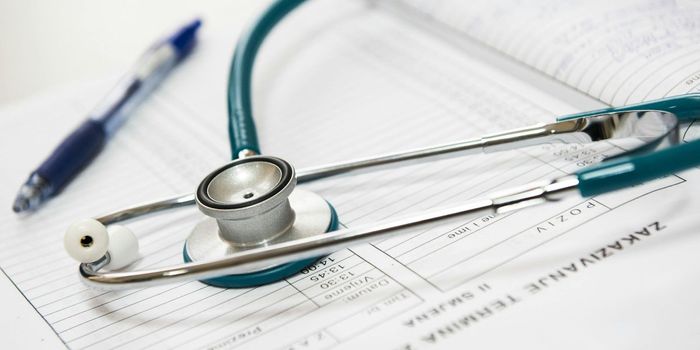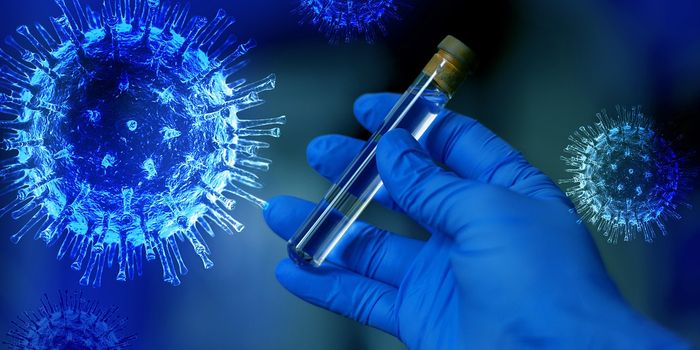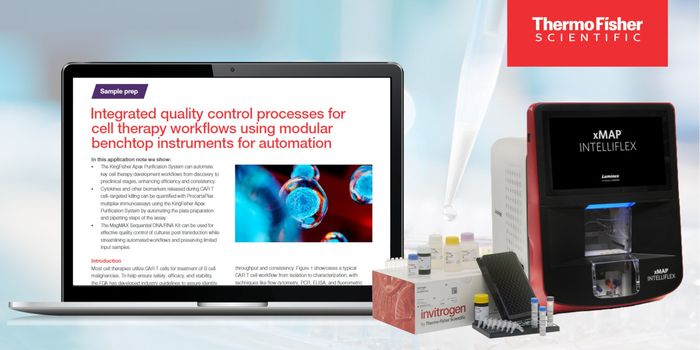Good News for Coffee Lovers: A New Study Finds Caffeine Does Not Impact Breast Cancer Risk
Reports indicate that caffeine consumption in the United States is greatest in adults aged 50 – 64. Coincidentally, 63 is the average age of breast cancer diagnosis in women in the United States. Further, on average, women undergo menopause at age 51.
Notably, there is overlap in the age where women have a high incidence of breast cancer diagnosis and high caffeine consumption, and women of this age are postmenopausal. These statistics have led to a common research question: does caffeine consumption impact breast cancer risk in postmenopausal women?
While many research programs have explored the relationship between these three factors, the results remain largely inconsistent. Some reports suggest caffeine is associated with increased breast cancer incidence, while others demonstrate lower breast cancer incidence in caffeine consumers.
Despite the ambiguity, a recent study published in the International Journal of Cancer investigated the relationship between breast cancer and caffeine in postmenopausal women and found no association.
The study included a cohort of almost 80,000 participants in the Women’s Health Initiative Observational Study. This long-term national health study has followed a large group of women for decades. Women enrolled in the study complete yearly health questionnaires that scientists and clinicians across the country can access to investigate research related to health and disease.
The researchers identified 4,719 cases of invasive breast cancer among postmenopausal participants. Caffeine intake was based on self-reported frequency of daily caffeinated coffee and tea consumption.
While the study detected no association between overall tea consumption and invasive breast cancer, the authors acknowledged that this data needs further investigation due to the small number of tea drinkers identified and the inability to account for different types of tea.
Initial findings suggested that participants who consumed 2-3 daily cups of caffeinated coffee had a 12% higher risk of invasive breast cancer than nondrinkers. However, this analysis did not yet consider specific factors which are known to influence breast cancer risk.
Demographic, lifestyle, and reproductive characteristics, including age, race, smoking status, body mass index, history of hormone therapy use, alcohol intake, and breast cancer subtype, were analyzed to scrutinize this data further.
After accounting for all these factors, the research team determined no meaningful association between caffeine intake from coffee and tea and invasive breast cancer risk. The dependence of many demographic characteristics on the association between breast cancer and caffeine indicates a highly complex relationship.
Sources: caffeine consumption, breast cancer diagnosis, menopause, International Journal of Cancer, Women’s Health Initiative Observational Study









